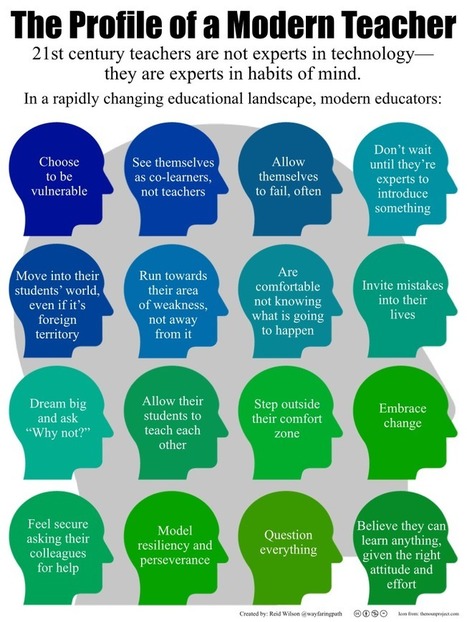Teacher professional learning is of increasing interest as one way to support the increasingly complex skills students need to learn in preparation for further education and work in the 21st century. Sophisticated forms of teaching are needed to develop student competencies such as deep mastery of challenging content, critical thinking, complex problem-solving,
effective communication and collaboration, and self-direction. In turn, effective professional development (PD) is needed to help teachers learn and refine the pedagogies required to teach these skills. However, research has shown that many PD initiatives appear ineffective in supporting changes in teacher practices and student learning. Accordingly, we set out to discover the features of effective PD.
This paper reviews 35 methodologically rigorous studies that have demonstrated a positive link between teacher professional development, teaching practices, and student outcomes. We identify the features of these approaches and offer rich descriptions of these models to inform those seeking to understand the nature of the initiatives.
Learn more / En savoir plus / Mehr erfahren:
https://gustmees.wordpress.com/?s=coaching
https://gustmees.wordpress.com/?s=professional+development
Via Gust MEES, Rosemary Tyrrell, Ed.D., juandoming



 Your new post is loading...
Your new post is loading...










Teacher professional learning is of increasing interest as one way to support the increasingly complex skills students need to learn in preparation for further education and work in the 21st century. Sophisticated forms of teaching are needed to develop student competencies such as deep mastery of challenging content, critical thinking, complex problem-solving,
effective communication and collaboration, and self-direction. In turn, effective professional development (PD) is needed to help teachers learn and refine the pedagogies required to teach these skills. However, research has shown that many PD initiatives appear ineffective in supporting changes in teacher practices and student learning. Accordingly, we set out to discover the features of effective PD.
This paper reviews 35 methodologically rigorous studies that have demonstrated a positive link between teacher professional development, teaching practices, and student outcomes. We identify the features of these approaches and offer rich descriptions of these models to inform those seeking to understand the nature of the initiatives.
Learn more / En savoir plus / Mehr erfahren:
https://gustmees.wordpress.com/?s=coaching
https://gustmees.wordpress.com/?s=professional+development